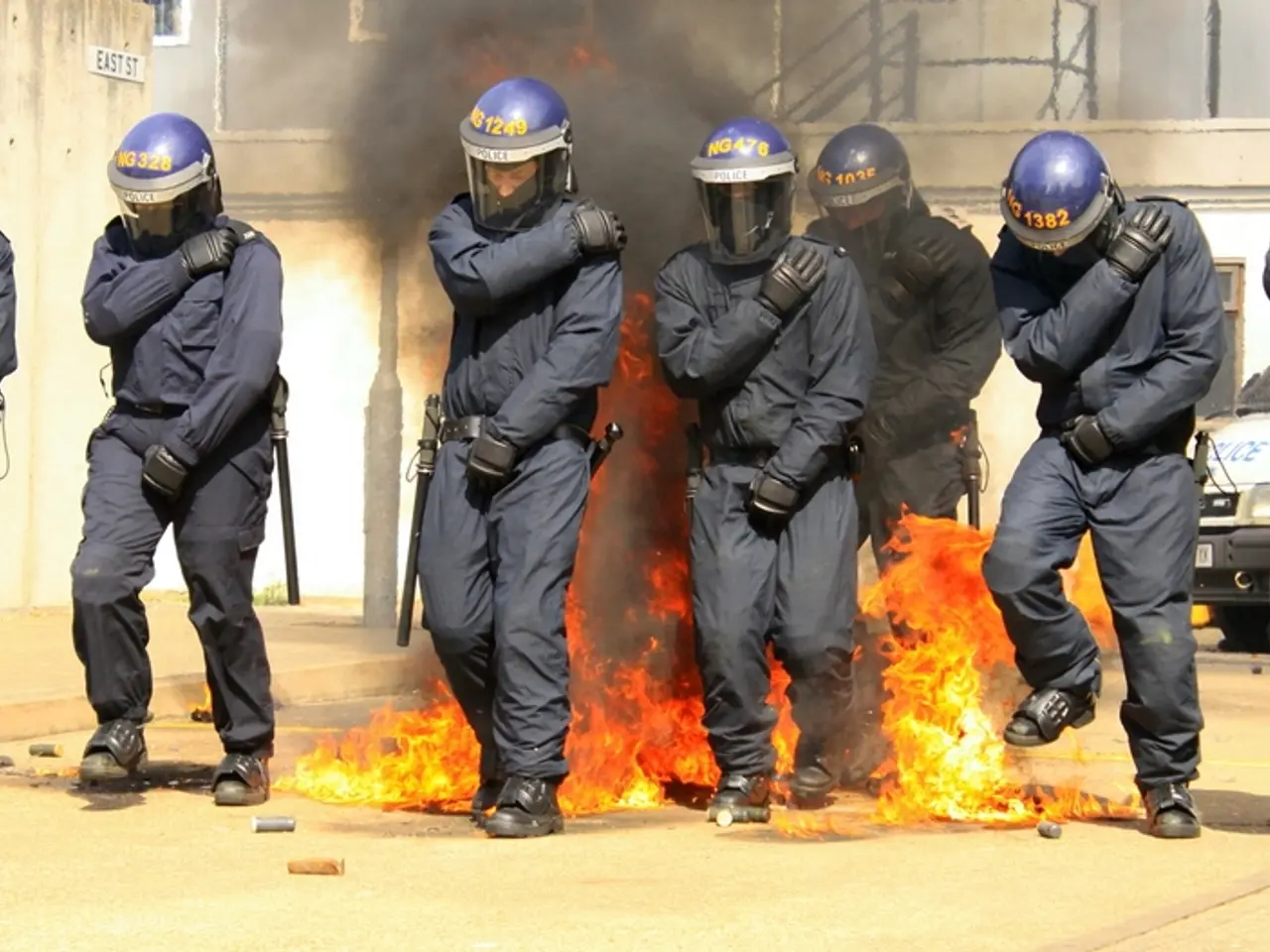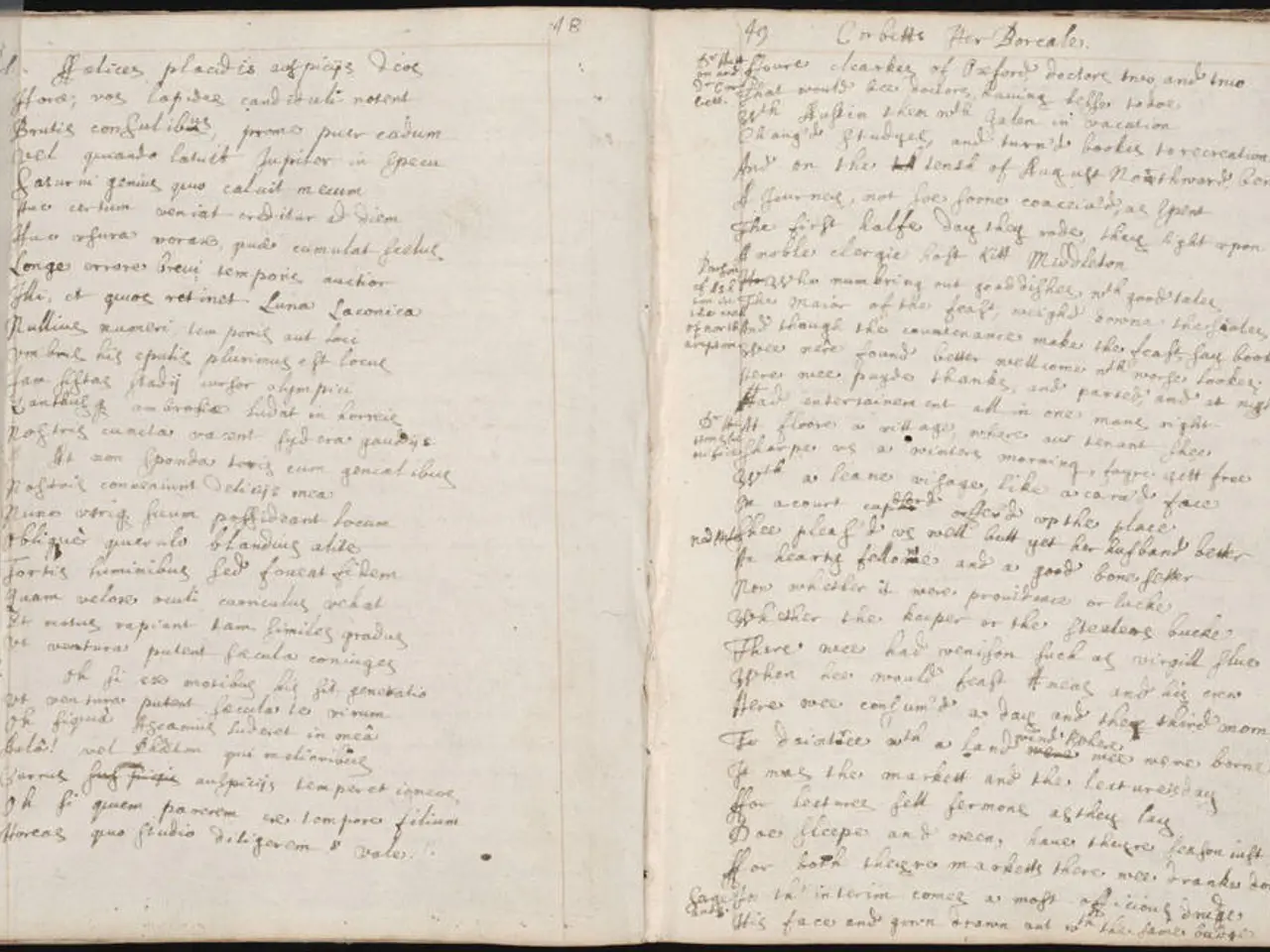New tariffs imposed by the United States government won't come into effect until August 7, according to a government official's statement.
As of August 1, 2025, the new U.S. tariffs imposed under President Trump remain in effect despite ongoing legal challenges. The tariffs, which were set to take effect on August 7, were initially challenged in court, but the government secured stays to keep them active during the appeals process.
In May 2025, the Court of International Trade invalidated the executive orders backing the tariffs, permanently enjoining their enforcement. However, the government appealed the decision, and as of late May 2025, they received an administrative stay of the injunction, allowing tariff collection to continue while appeals proceed. Legal experts estimate this appeal process may last one to two years.
The tariffs cover almost all trade barriers imposed by Trump's administration, including country-specific tariffs. The White House published a list of nearly 70 countries and the EU, each with specific tariff rates. Notably, Canada will be subjected to a 35% tariff instead of the previous 25%, starting from August 1. Imports from countries such as the UK, Switzerland, Japan, and many others will also be subject to these tariffs.
The invoked emergency law, the International Emergency Economic Powers Act (IEEPA), does not mention the word "tariffs" anywhere, which is a concern for the appeals judges. The court denied the government the authority to impose tariffs under the guise of a national emergency, citing the IEEPA's lack of explicit authorisation for such measures.
President Trump justifies the tariffs by arguing that trade deficits with other countries pose a national security risk, thus constituting a national emergency. He also accuses the affected trading partners of imposing high tariffs or not opening their markets wide enough for imports from the United States. Trump justifies the higher tariff on Canada due to insufficient efforts in combating drug trafficking. If a country is not listed, a 10% tariff will be imposed.
The ongoing legal battle over the tariffs' legality has kept them in a legal limbo, with a final resolution pending appeals. Despite the lower court's ruling that Trump's use of the IEEPA to impose the tariffs was unauthorized, the tariffs remain legally binding and enforced for now.
- The courts have upheld the ongoing legal challenge against the tariffs, yet they continue to be enforced, leaving the industry, finance, and general-news sectors in uncertainty.
- The political climate surrounding the tariffs is heated, with President Trump defending the measures as a means to safeguard national security, while the European Union and other affected countries challenge their legitimacy in court.
- The appeals process in the case of the tariffs, which is expected to last one to two years, has significant consequences for multiple businesses and finance sectors, particularly those relying on international trade with countries subject to the new tariffs.




